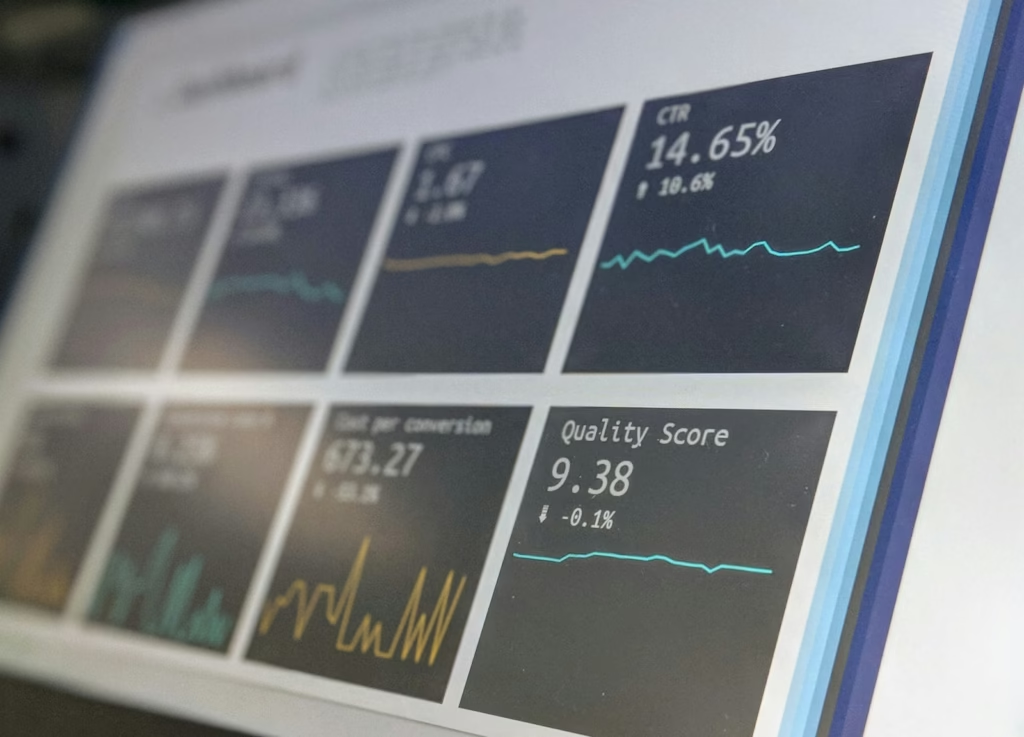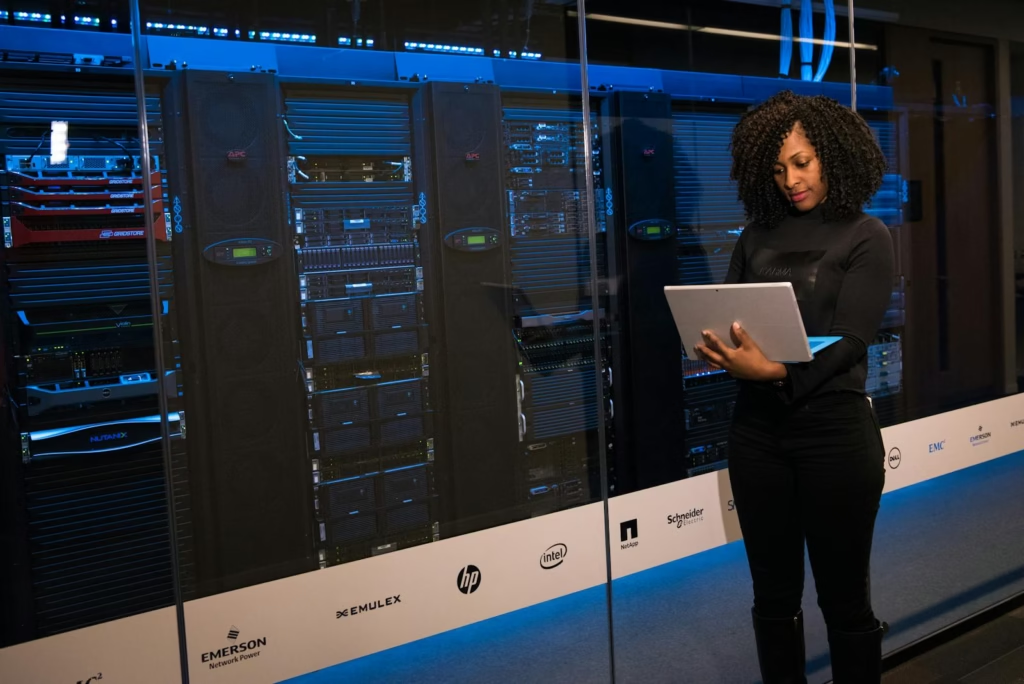In the fast-paced world of digital innovation, artificial intelligence (AI) is reshaping the way websites are designed, developed, and maintained. From automating repetitive coding tasks to enhancing user experience through personalised interactions, AI-powered web development is no longer a futuristic concept but a present-day reality. This article delves into the transformative role of AI in web development, explores practical use cases, and offers insights into tools and best practices to leverage AI effectively.

The Role of AI in Web Development
AI is revolutionising web development by automating processes, optimising designs, and enabling smarter decision-making. Here are some key areas where AI is making an impact:
1. Automated Code Generation
Writing code from scratch can be time-consuming and prone to human error. AI-powered coding assistants like GitHub Copilot and OpenAI Codex streamline this process by suggesting or even generating entire blocks of code based on natural language inputs. This means developers can focus on problem-solving rather than syntax and structure.
How It Works:
- AI analyses existing code patterns and predicts the next logical code block.
- It understands context and suggests optimised solutions.
- It reduces debugging time by minimising syntax errors.
- Some AI tools allow for real-time collaboration, making pair programming more efficient.
Example: A developer working on a React-based web application can use AI-generated boilerplate code for components, significantly reducing development time and improving accuracy.
2. Enhanced User Experience (UX)
User experience is crucial for any website. AI plays a pivotal role in analysing user behaviour, optimising interfaces, and delivering personalised content.
Key Contributions of AI to UX:
- Personalisation: AI algorithms track user interactions and suggest tailored content.
- Automated A/B Testing: AI-driven testing tools adjust layouts and features in real-time for better engagement.
- Chatbots & Virtual Assistants: AI chatbots, such as ChatGPT, improve customer support by offering instant responses and guiding users through websites.
- Predictive Analysis: AI can anticipate user actions and adapt website behaviour accordingly.
3. SEO Optimisation
AI enhances SEO by offering real-time insights and automating repetitive optimisation tasks.

How AI Boosts SEO:
- Content Analysis & Recommendations: AI tools like Surfer SEO and Frase suggest content structures for higher rankings.
- Keyword Optimisation: AI analyses search trends and incorporates relevant keywords seamlessly.
- Voice Search Optimisation: AI helps websites adapt to the increasing demand for voice search queries.
- Automated Content Creation: AI-powered platforms generate blog posts and metadata, reducing content production time.
4. Cybersecurity & Fraud Prevention
AI enhances website security by identifying vulnerabilities, preventing cyber-attacks, and detecting fraud.
AI-Powered Security Features:
- Anomaly Detection: AI identifies unusual user behaviour patterns.
- Automated Threat Response: AI-driven security tools neutralise threats before they escalate.
- Real-time Monitoring: AI monitors traffic for potential DDoS attacks.
- Biometric Authentication: AI strengthens login security by integrating facial recognition and fingerprint scanning.
Example: AI-based firewalls block suspicious login attempts, preventing brute-force attacks and reducing the risk of data breaches.

AI-Powered Web Development Tools
Developers and businesses are increasingly relying on AI-driven tools to streamline the web development process. Here are some noteworthy AI-powered solutions:
1. AI Code Assistants
- GitHub Copilot – Generates code suggestions based on natural language inputs.
- Tabnine – Uses machine learning to predict and autocomplete code.
- DeepCode – AI-powered tool that reviews code for bugs and security vulnerabilities.
2. AI Design & UX Enhancements
- Adobe Sensei – Enhances design creativity by automating image and video editing.
- Uizard – Converts hand-drawn sketches into digital wireframes using AI.
- Figma’s AI Plugin – Assists in UI/UX design with AI-powered suggestions.
3. AI for Personalisation & Chatbots
- ChatGPT & Dialogflow – Advanced AI-driven chatbots that offer seamless customer interactions.
- Dynamic Yield – Personalises web content based on user preferences and behaviour.
- Optimizely – AI-powered A/B testing tool for UX enhancements.

Future Trends in AI Web Development
As AI technology evolves, new trends are shaping the future of web development:
1. AI-Generated Websites
Tools like Wix ADI and Framer AI create entire websites based on user preferences, reducing manual design efforts.
2. Conversational AI & Voice Search
Integration of AI with voice search capabilities enhances accessibility and user interaction. Websites optimised for voice search will see higher engagement rates.
3. AI-Powered AR/VR Experiences
AI-driven augmented reality (AR) and virtual reality (VR) are set to revolutionise e-commerce and interactive website design, offering immersive experiences.
4. Self-Healing Websites
AI-driven monitoring systems will detect and fix issues automatically, reducing downtime and improving site reliability.
5. AI-Generated UX & Accessibility Improvements
- AI will dynamically adjust layouts for different users.
- Web accessibility will improve with AI-generated captions and audio descriptions.
- AI will detect usability issues and suggest interface enhancements in real time.
Conclusion
AI-powered web development is transforming the digital world, offering smarter, more efficient, and highly personalised experiences. By embracing AI tools, businesses and developers can stay ahead in the competitive digital landscape. However, striking a balance between automation and human creativity remains essential to crafting engaging and innovative web experiences.
Are you ready to integrate AI into your web development strategy? Start exploring AI-powered tools today and unlock the future of digital innovation!





